What happens to your body during water intoxication?
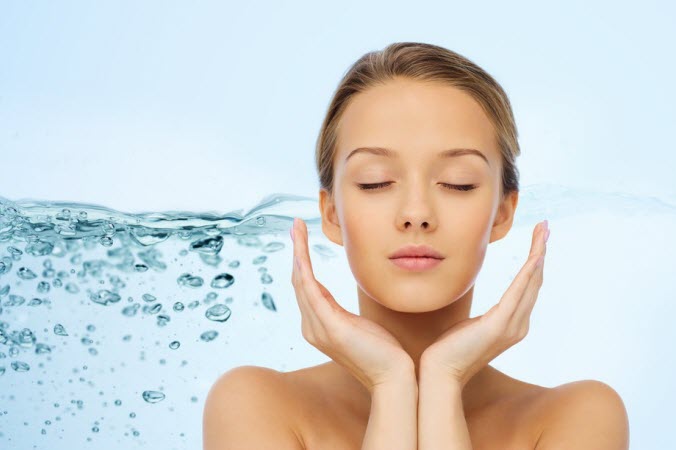
We all know how important it is to keep our bodies hydrated. Water makes up 50-80% of our body weight. Every cell, tissue and organ in our body relies on water to function. A recent blog discussed the importance of drinking enough water and even some great apps to track this. However, there is such a thing as drinking too much water…
Experts call this condition water intoxication.
So how much is too much?
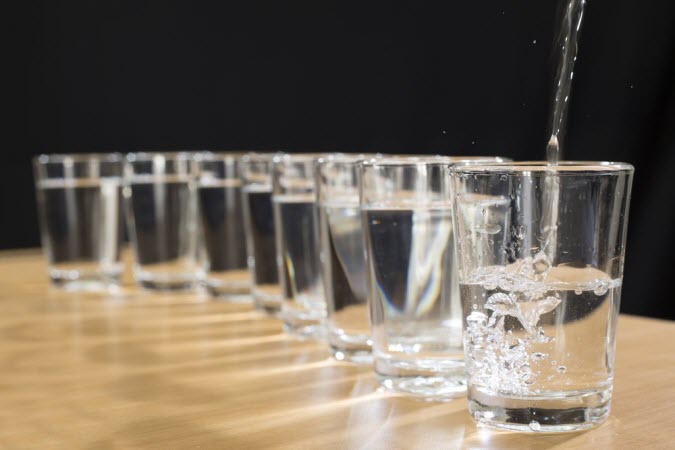
Most experts claim that the ideal amount of filtered water we should drink every day is eight glasses. Of course, the amount of water required differs between individuals. It depends on such things as age, medical conditions and occupation. Athletes and those doing manual labour need extra water to maintain proper hydration.
You may already know the feeling of dehydration… dry mouth, headaches, foggy head and feeling dizzy. These are good signs that you need to pick up that drink bottle.
Our two kidneys are the organs that extract fluids and waste products from our body. On average, our kidneys can filter and process 200 litres of fluid every 24 hours. Drinking more fluid than the kidneys can process may lead to water intoxication.
The signs of water intoxication
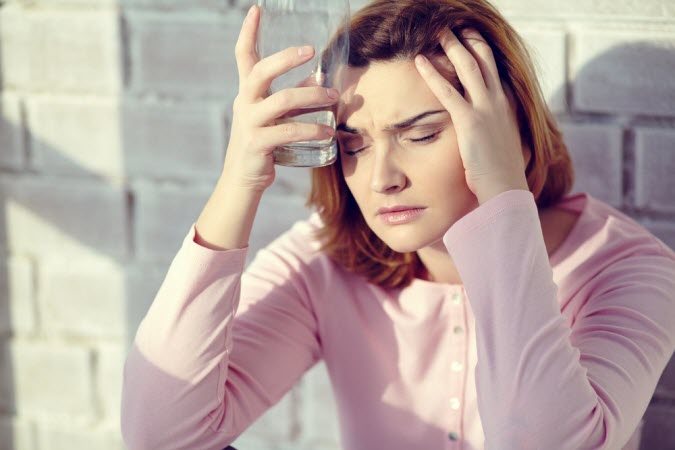
Drinking too much water increases the amount of water in the blood. This water can dilute the electrolytes in your blood, especially sodium. When sodium levels drop, fluid shifts from outside to inside the cells, causing them to swell. If this happens in the brain, it can be life threatening.
Here are some signs that you have consumed too much water:
- Headache
- Nausea
- Vomiting
Severe cases can produce symptoms such as:
- Increased blood pressure
- Confusion
- Double vision
- Drowsiness
- Difficulty breathing
- Muscle weakness and cramping
- Inability to identify sensory information
Who is at risk?
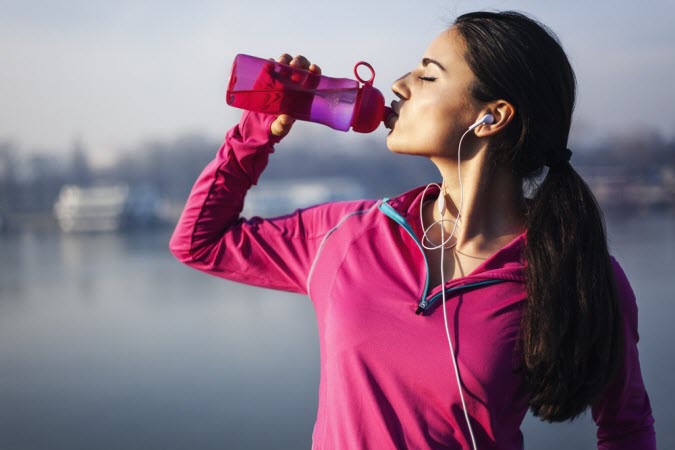
Anyone can suffer from water intoxication. However, it is more common amongst some people than others. Those most at risk include endurance athletes, cyclists, hikers, triathletes, rugby players and military personnel.
Water fasting is a type of diet that restricts everything you consume except water. It has become more popular in recent years as a quick way to lose weight. Even though you are drinking only water, it can actually cause dehydration, not water intoxication. In severe cases it causes a condition called orthostatic hypotension.
The best way to track if you are drinking the right amount of water every day is through an app on your phone. Our recent blog reviewed the best four apps to track your water consumption.
Installing a home water filter system ensures you always have healthy, good quality water on tap for all the family.
Sydney’s water restrictions – what you need to know
Our driest spell since 1888
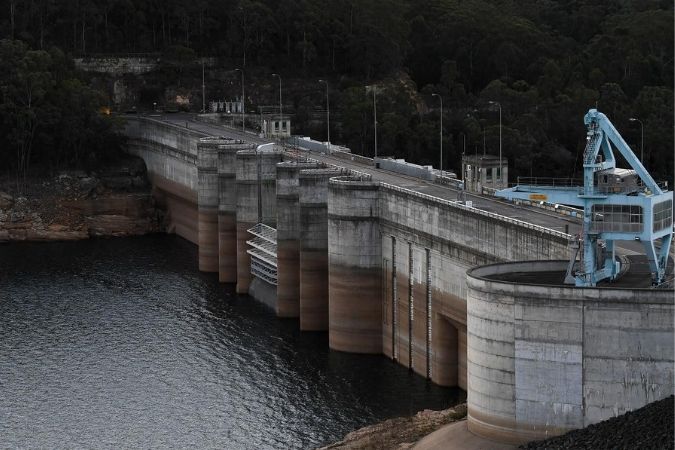
Warragamba Dam
Source: SBS.com
For the first time in a decade, Sydney Water is enforcing water restrictions to individuals and businesses. Dam storage levels are now at 53% capacity, down from 95% two years ago.
We all know that parts of regional Australia are in the midst of a serious drought. Lack of rainfall is now affecting city residents with Level 1 water restrictions in place from 1st June 2019.
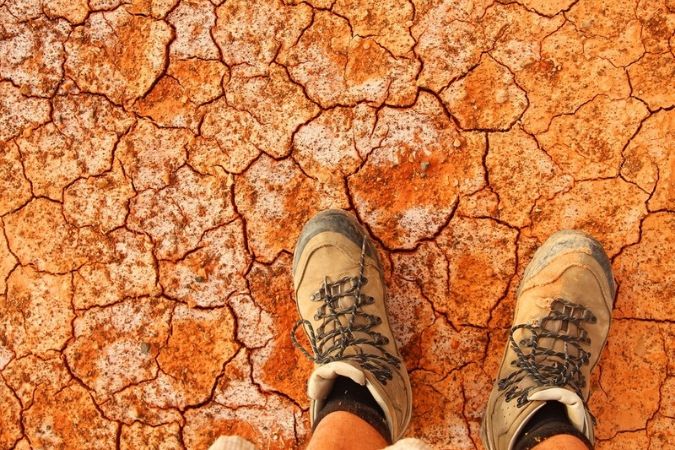
May 2019 saw the lowest recorded rain levels since 1888 in Greater Sydney. Rainfall since the start of April has been just 25.8mm. This is expected to continue over the winter months, with low rainfall predicted by the Bureau of Meteorology.
More than 85% of Greater Sydney’s water supply relies on rain. This means that our water is in short supply during these prolonged drought periods.
Sydney Water have started level 1 restrictions early, ahead of the predetermined 50% capacity limit. If dam levels reach 40%, then level 2 restrictions come into play.
Level 1 restrictions, what are they?
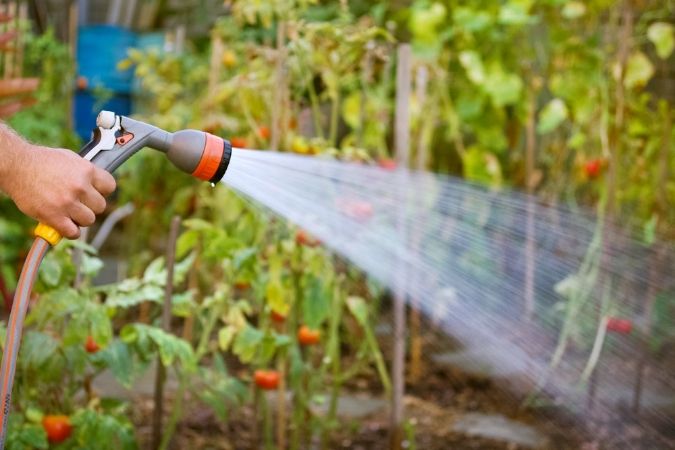
Water restrictions apply to everyone in Sydney, the Blue Mountains and the Illawarra. This includes both residents and businesses.
Here are a few key water restriction rules:
- Watering, including with sprinklers and irrigation systems, is allowed any day before 10 am and after 4 pm
- All hand held hoses must have a trigger nozzle
- No hosing of hard surfaces such as paths and driveways.
- Washing vehicles is allowed with a bucket or hose fitted with a trigger nozzle
- Fire hoses may be used for fire fighting activities only.
This table provides a good overview of what is and isn’t included in Level 1 water restrictions.
Fines for not following these restrictions is $220 for individuals and $550 for businesses.
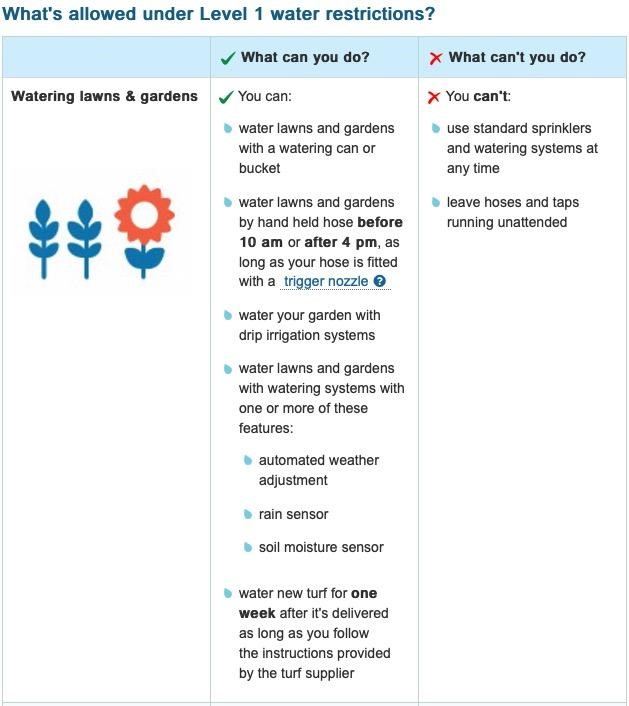
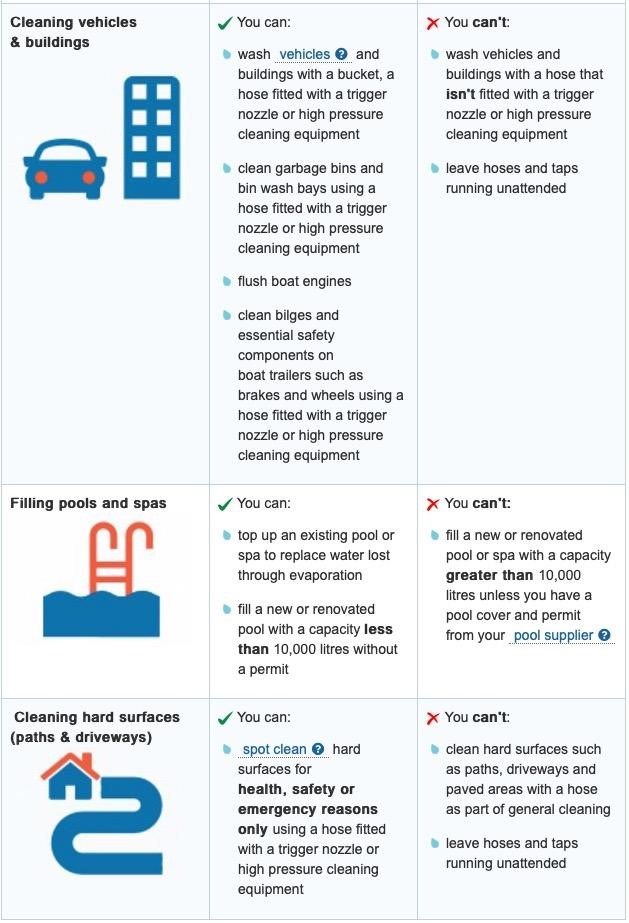
Maintaining good water quality at home during restrictions

It is important to have a high quality home water filter system installed at all times, particularly in times of water restrictions.
At WFA we keep the good stuff in and take the bad stuff out of your water, so it’s even better for you.
All of our filter cartridges not only remove bad taste and odour, but also remove contaminants including giardia, cysts, cryptosporidium, and chlorine.
With a WFA water filter system, you and your family and your pets are safe from the impurities you can’t see…nasties as small as one micron, which is 1/75th the width of a human hair! We leave the flouride in the water, helping keep your family’s teeth healthy.
Explore our water filter systems.

